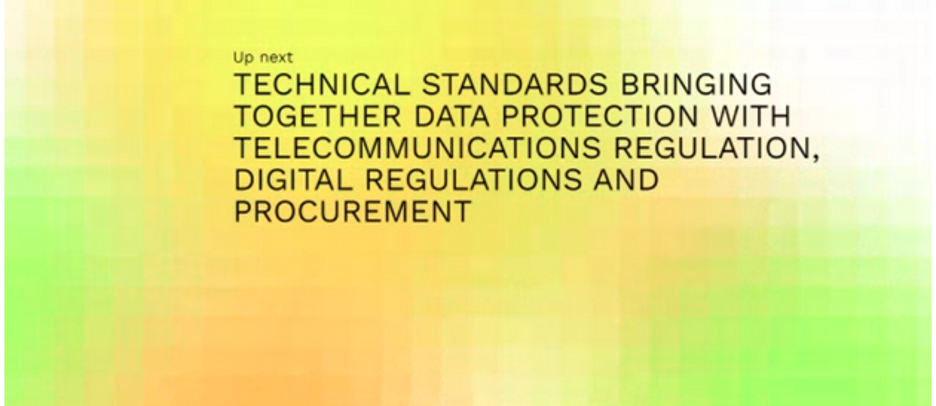Showing results for code2024 coexist promo code iraq

A New Era for Japanese Data Protection: 2020 Amendments to the APPI
[…] they were collected. The 2020 Amendments and amended PPC Rules model the pseudonymization process on anonymization, requiring the removal of any (i) description, (ii) unique ‘personal identification code’ (as defined in the APPI), and (iii) information relating to the processing method performed to enable the removal of (i) and (ii) above. The immediate result […]

Supporting Responsible Research and Data Protection
[…] reforms to strengthen health data governance. These examples were viewed in the context of the WHO Global Strategy on Digital Health. Safeguards for health data sharing to promote innovation while protecting people’s privacy. These may include: 1) ethical review board oversight; 2) de-identification; 3) administrative, technical, and contractual safeguards; and 4) safeguards around cross […]

India: Massive overhaul of digital regulation, with strict rules for take-down of illegal content and Automated scanning of online content
On February 25, the Indian Government notified and published Information Technology (Guidelines for Intermediaries and Digital media Ethics Code) Rules 2021. These rules mirror the Digital Services Act (DSA) proposal of the EU to some extent, since they propose a tiered approach based on the scale of the platform, they touch on intermediary liability, content moderation, take-down […]

FPF Testifies on Maryland Student Data Privacy Bill
[…] be expanded by this legislation, to “provide expert recommendations on this topic help ensure the right balance.” Read Vance’s written testimony on HB 1062 here and watch the testimony here (add YouTube link teed up to the right time code). For more background on Maryland’s Student Data Privacy Council, statutorily created in 2019, click here.

Russia: New Law Requires Express Consent for Making Personal Data Available to the Public and for Any Subsequent Dissemination
[…] networks are now required to monitor content and “restrict access immediately” of users that post information about state secrets, justification of terrorism or calls to terrorism, pornography, promoting violence and cruelty, or obscene language, manufacturing of drugs, information on methods to commit suicide, as well as calls for mass riots. Below we provide a […]

CPDP2021 Event Recap: Bridging the Standards Gap
[…] be able to shape laws that are technology-neutral and do not have to be updated every two months. According to Paul, while engineers are adept at writing code, code is written for machines that cannot think for themselves. However, the law is written for people, not computers, and policymakers are best equipped for this […]

FPF in 2020: Adjusting to the Unexpected
[…] Law Fellow Katelyn Ringrose. FPF submitted feedback and comments to the United Nations Children’s Fund (UNICEF) on the Draft Policy Guidance on Artificial Intelligence (AI) for Children, which seeks “to promote children’s rights in government and private sector AI policies and practices, and to raise awareness of how AI systems can uphold or undermine children’s rights.” FPF encouraged […]

The Complex Landscape of Enforcing the LGPD in Brazil: Public Prosecutors, Courts and the National System of Consumer Defense
[…] National System of Consumer Defense The National System of Consumer Defense (SNDC) also raises complexities for the implementation of the LGPD in Brazil. Established with the Brazilian Code of Consumer Protection in 1990 and regulated by Presidential Decree nº 2.181/1997, the SNDC brings together federal, state, and municipal agencies, as well as civil society […]

The Spectrum of Artificial Intelligence – An Infographic Tool
[…] allow you to fill out your tax forms and ensure your information included and provided in a way that is within current legal requirements of the tax code. Healthcare – Ambient Charting, where conversations between doctors and patients are recorded and added to the patient record as they happen, with key words and followups […]

A Deep Dive into New Zealand’s New Privacy Law: Extraterritorial Effect, Cross-Border Data Transfers Restrictions and New Powers of the Privacy Commissioner
[…] does not specify what are “lawful means” of collection, only that entities collecting data must use one. The Commissioner can issue further modification or guidance through a code of practice to impose further requirements on these baseline provisions. In addition, IPP 10 imposes limits on the use of personal data but provides some exceptions […]
